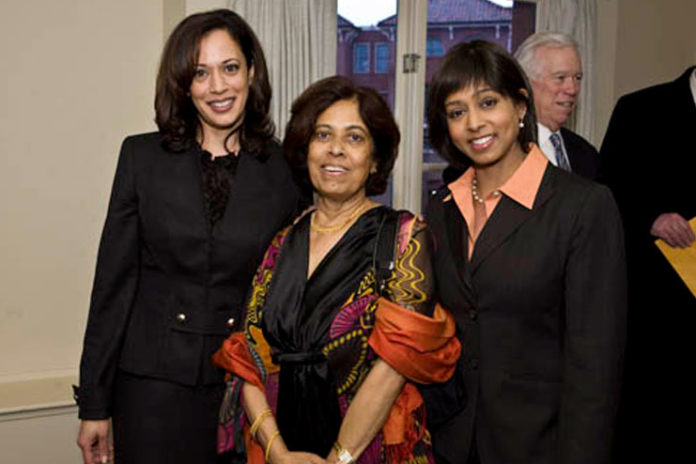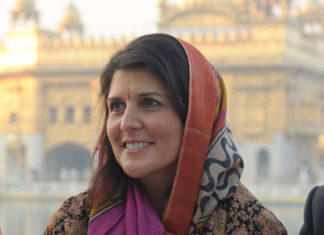Senator Kamala Harris, who has posted several immigrant stories in previous weeks, has posted an entry on the Facebook, about her Indian-American mother.
“I wanted to share one last story today for immigrant heritage month – my own. My mother, Shyamala Harris arrived at the University of California-Berkeley from India in 1959. She had dreams of becoming a scientist. The plan was to go back home when she finished school, but when she met my father Donald Harris, she made a different plan. She went against a practice reaching back thousands of years and instead of an arranged marriage, chose a love marriage. This, an act of self-determination, made me and my sister Maya. And – like millions of the children of immigrants before and since – it made us Americans.”
Yoga is Symbol of Unity and Strength: Baba Ramdev
Shyamala Gopalan Harris died on Feb. 11, 2009, from cancer, at the age of 70. The San Francisco Chronicle ran her obituary on March 22, 2009, in which she was described as a “world-renowned scientist, a mentor, an activist, a mother” who “Despite her 5-ft stature, … was a commanding presence characterized by a sharp wit, keen sense of humor and endless depth of knowledge.”
Born in south India to Rajam, her mother, and P.V. Gopalan, her father who was a diplomat in the Indian government, Shyamala Gopalan graduated from the Delhi University, and came to the University of California, Berkeley and earned a Ph.D. in nutrition and endocrinology, by the age of 25 and spent her early career conducting research at Berkeley’s Dept of Zoology and Cancer Research Lab.
She came to the U.S. as a teenager, forged her career as a breast cancer researcher, joined the ongoing civil rights movement and raised Kamala Harris and another daughter, Maya Harris by herself.
Indian Consulate Hosted Float Showcasing Northeast
She taught at several universities including University of Illinois, University of Wisconsin and also in France and Italy, plus 16 years at the Lady Davis Institute for Medical Research at the Jewish General Hospital and the Department of Medicine at McGill University in Montreal, Canada.
She has published in numerous journals and received numerous honors and was a frequent peer reviewer for the National Institutes of Health. She was on the President’s Special Commission on Breast Cancer. According to her biography, which says one of seminal contributions was isolating and characterizing the progesterone receptor gene in a mouse, which sparked further advancements.
By Premji













































